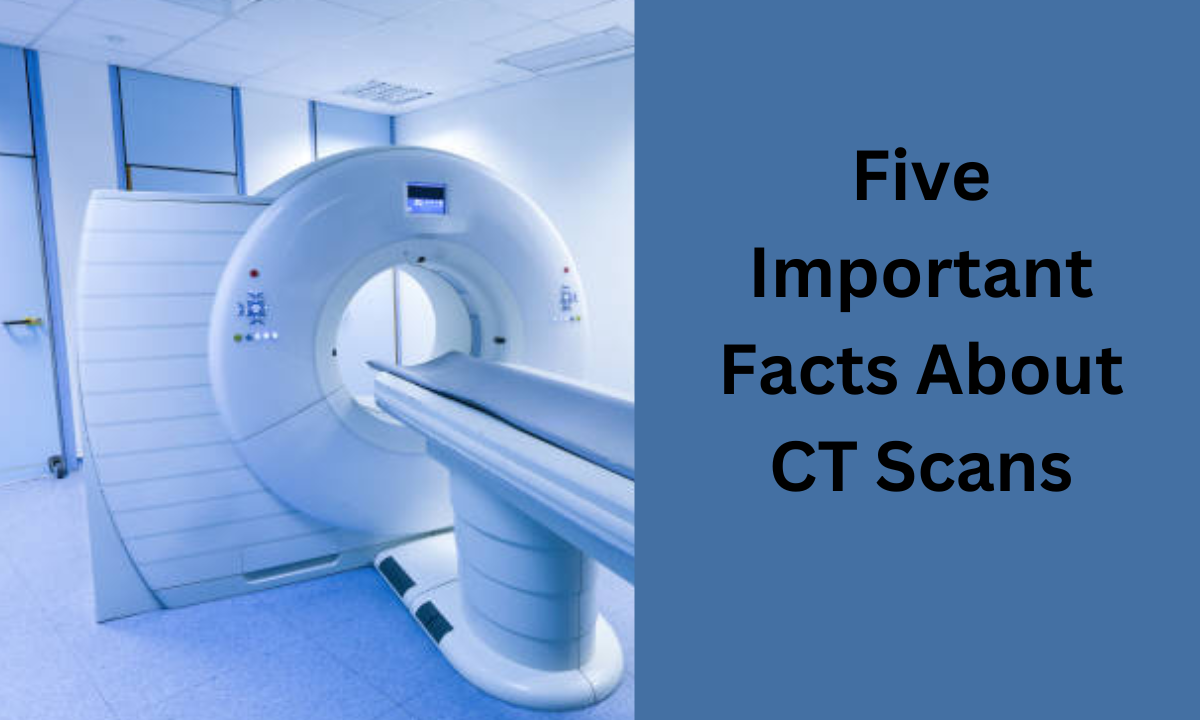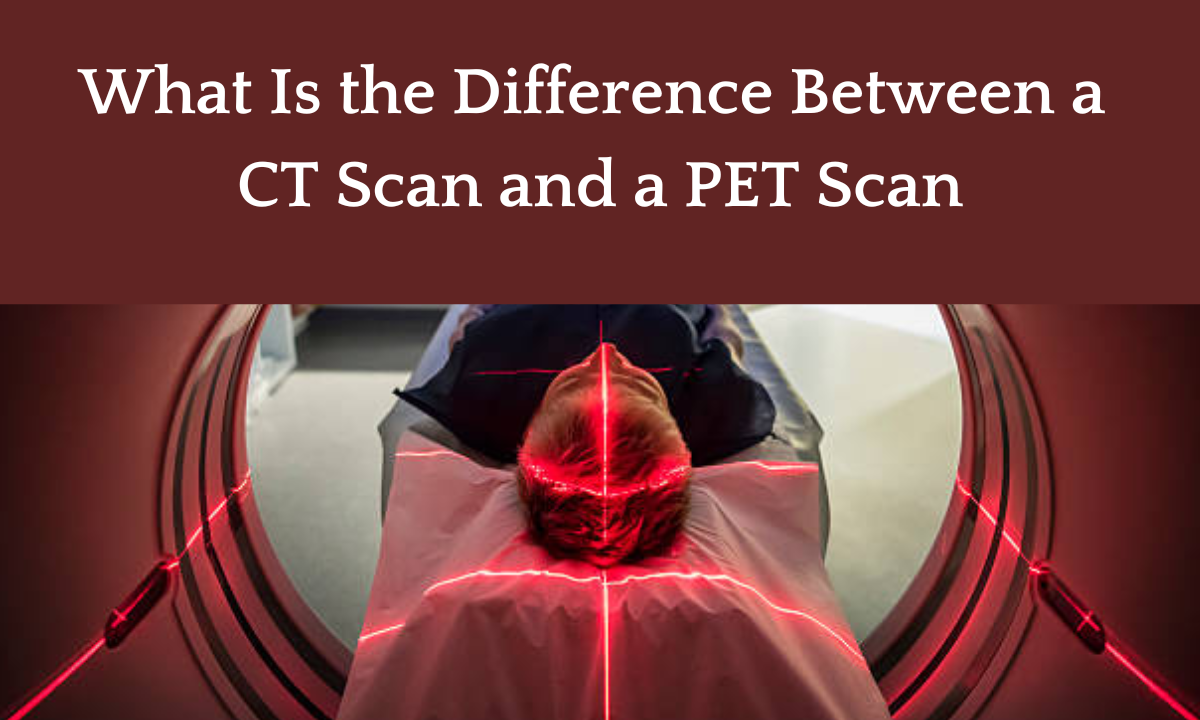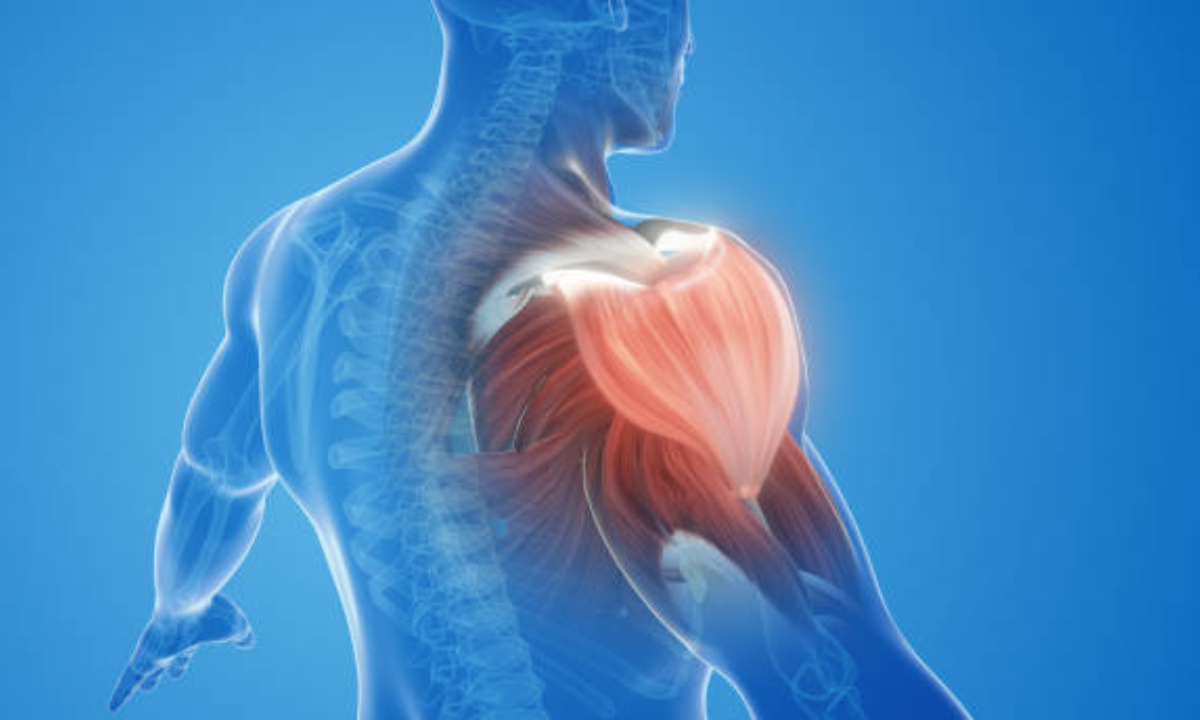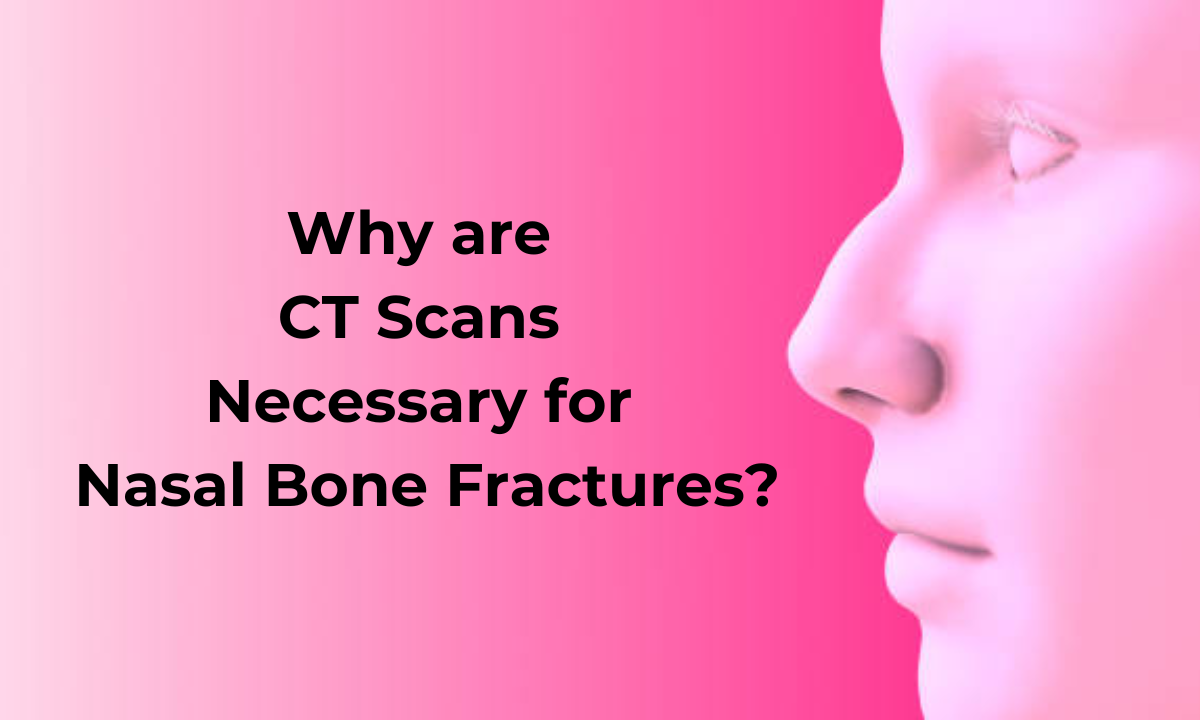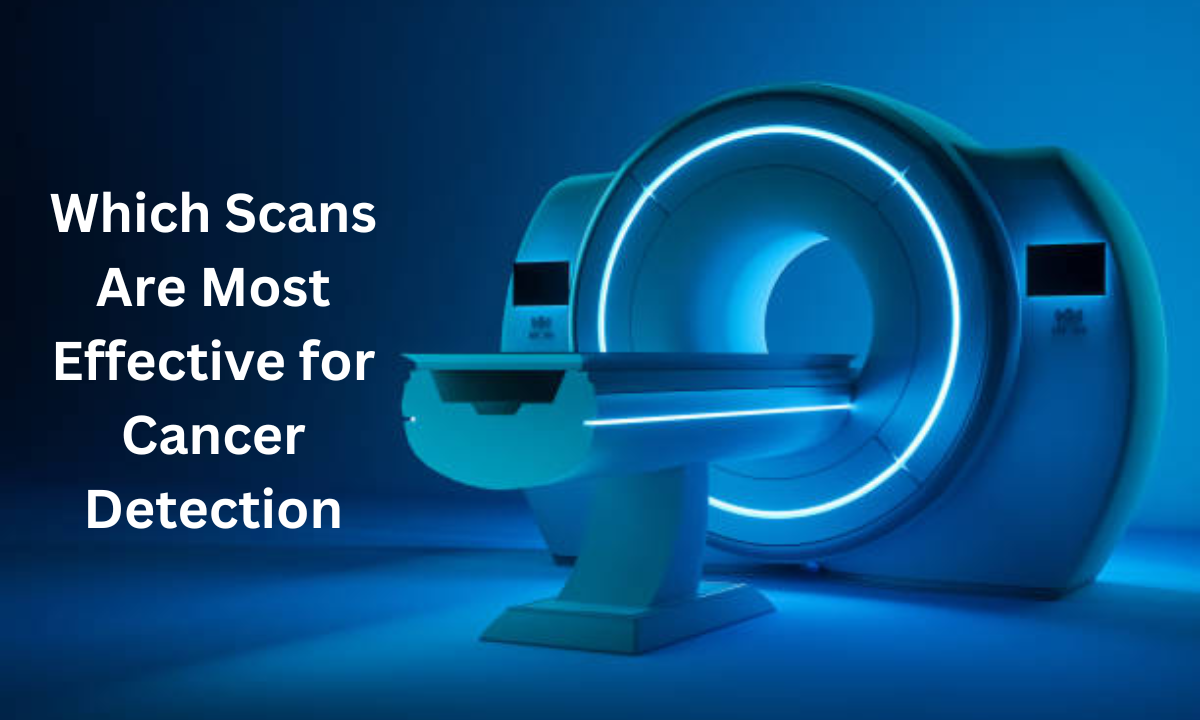What Is the Cost Of A CT Scan In Bangalore?
CT Scan in Bangalore is a significant clinical imaging test used to analyze various ailments. CT scan prices in Bangalore vary depending on the centre as well as on the type of CT scan. Some are fairly pricey, while others are less expensive than expected. CT scan prices in Bangalore vary from Rs. 2,500 to Rs. 7,000, with some scan centres charging up to Rs. 20,000 for a 3D CT. Depending on the requirement for the diagnosis.
CT Scan Cost In Bangalore
| Scan Name | Prices |
| CT Head Scan cost | Rs.2500 |
| CT Single Hand Scan cost | Rs.2500 |
| CT Chest Scan cost | Rs.3500 |
| CECT Chest Scan cost | Rs.6000 |
| CT Single Leg Scan cost | Rs.2500 |
| CT Ls Spine Scan cost | Rs.4500 |
| CT Lr Spine Scan cost | Rs.3500 |
| CT Lumbar Spine cost | Rs.3500 |
| CT Lumbo Sacral Spine Scan cost | Rs.2500 |
| CT Nose Scan cost | Rs.2500 |
| CT PNS Scan cost | Rs.3000 |
| CT Brain Scan cost | Rs.2500 |
| CT Neck Scan cost | Rs.3500 |
| CT Anus Scan cost | Rs.3500 |
| CT Orbits Scan cost | Rs.2500 |
| CT Knee Scan cost | Rs.3500 |
| CT Foot Scan cost | Rs.2500 |
| CT Ankle Joint Scan cost | Rs.2500 |
| CT Fingers Scan cost | Rs.2500 |
| CT Shoulder Scan cost | Rs.3500 |
| CT Wrist Scan cost | Rs.2500 |
| CT Temporal Bone Scan cost | Rs.2500 |
| CECT pelvis scan cost | Rs.6000 |
| CT plain Pelvis Scan cost | Rs.3000 |
| CECT abdomen scan cost | Rs.6000 |
| CT pain Abdomen Scan cost | Rs.3000 |
| CECT abdomen and pelvic Scan cost | Rs.8000 |
| CT Screening cost | Rs.1500 – 2000 |
| CT Abdomen and pelvis Scan cost | Rs.4500 |
Exploring the typical expense of a CT scan in Bangalore can help patients’ spending plan and also for their medical care costs, guaranteeing they get the fundamental symptomatic administrations without burning through every last cent. It can be observed that different types of CT scans have different cost specifications.
What Is a CT Scan?
A computed tomography scan, sometimes known as a CT scan, is a form of medical imaging that produces comprehensive images of the body.
It combines a sequence of X-ray pictures collected from various angles all over your body to produce cross-sectional images (slices) of the bones, blood veins, and soft tissues within your body.
Various Types Of CT Scan
The type of CT scan the doctor recommends depends on the area of the body they want to evaluate. Some types of CT scan procedures include;
CT Angiography:
CTA or CT angiography is mostly used to examine a potential risk of heart disease. CTA analyses the blood flow in arteries flowing from the brain, lungs, kidneys, arms, and till the end of the legs.
They are generally used to treat pulmonary embolism, A condition in which one of the pulmonary arteries gets blocked by a blood clot.
CTA is also used to treat Aneurysms, a condition characterized by dilatation in the wall of an artery supplying blood to a specific area and a weakened blood vessel that might rupture at any time.
It is widely used for treating other disorders such as dissection of the aortas, malformation inside brain tissues, and atherosclerotic disease.
Ct Abdomen Scan:
A technologist will obtain scans of the digestive system’s organs, including the intestines, colon, liver, spleen, and appendix, during an abdominal CT scan It helps diagnose the accurate cause of any abdominal ache as well as image several types of tissues found in liver, spleen, pancreas & kidneys.
An abdominal scan may be prescribed by a doctor to diagnose tumours, such as those in the colon, or to identify abscesses in the region, to detect internal bleeding.
Head CT Scan/ Brain CT Scan:
A patient with unexplained headaches or vertigo may have a head CT recommended by the physician. It also helps diagnose brain tumours, head injuries & common brain diseases. The use of head Ct scans has grown lately due to stress-related brain illnesses and traffic accidents that result in skull fractures and brain damage.
The brain and other areas of the head, such as the sinuses, are depicted in the images captured during a head CT scan. A head CT can be beneficial for patients with persistent sinus issues to evaluate if there is any inflammation in the region.
A Brain CT Scan cost in Bangalore is estimated to be around Rs. 5000.
CT Scan Of Chest/Lungs:
The lung tissue, or lung parenchyma, can undergo both acute or chronic alterations that can be observed with a lung CT scan. The doctor might recommend the scan if a patient complains of chest discomfort or difficulty breathing.
Doctors can use the scanning images to identify diseases including lung cancer, pneumonia, TB, or excessive fluid in the lungs.
Pelvic CT Scan:
Pelvic CT is a diagnostic method that studies the pelvic cavity and the organs inside it. The procedure depicts structures of the rectum, distal ureters, bladder, ovaries, fallopian tubes, and vagina in women and the seminal vesicles, vas deferens, and prostate gland in males.
It can assist in diagnosing issues with the male or female reproductive systems or detect bladder problems, such as bladder stones or tumours.
CT Scan Of Kidneys:
A CT scan of the kidney is often performed to identify and confirm the presence of kidney stones. The scan can aid in detecting tumours, abscesses, and renal disease symptoms.
CT Scan For The Spine:
It helps diagnose degenerative diseases such as arthritis and common spinal problems like a herniated disc which is a kind of problem with a rubbery disc between spinal bones.
CT scans of the spine can produce pictures of the soft tissue of the spinal column, intervertebral discs, and the bony spinal structure. In some cases, a doctor might use a spinal CT to gauge bone loss in the area due to osteoporosis. A biopsy or other treatment could obtain information or insights from a CT scan of the spine.
Now, let us assess some of the benefits and hazards associated with CT scans
Advantages Of Ct Scans
- Identifies when surgeries are exactly required
- Reduces unwanted investigative surgeries
- Simplifies the cancer diagnosis and treatment procedures
- Reduces your time in the hospital, thereby reducing costs
- CT scans are useful for directing treatment for severe medical conditions including stroke and related heart diseases.
- A CT scan can be done even if you have any kind of implanted medical device, whereas with MRI you can’t
- Unless you are allergic to the contrast material, a CT scan is typically painless.
- 3D images of coronary arteries and more
Risks Involved With CT Scans
There are a few recognized risks associated with a CT scan. These include;
Cancers:
The most common risk perceived by the world is that CT scan radiations increase the chance of getting cancer. Contradictorily, according to multiple studies and research, CT scans have not led to any chronic effects.
Furthermore, the modified and upgraded CT machines produce relatively less radiation and generate sliced images than older CT scanners.
Pregnant Women:
Usually, CT scans are not recommended for pregnant women unless there is an emergency. But the American College of Obstetricians and Gynecologists (ACOG) claims that the doses of radiation in a CT scan are much lower than what would potentially harm a developing fetus.
Additionally, If the CT is used only for the chest or head there is no risk for the baby. But, with abdominal or pelvic CT scans there could be a mild risk for the fetus. For pregnant women, ultrasounds and MRI scans are often the preferred first options.
Continuous exposure:
The more radiation, the greater the risk, is a general guideline in radiology. Long-term CT scan use may increase your risk of developing cancer and other radiation-related disorders. Also, children are relatively more vulnerable to the risks than adults.
Contrast Material:
The contrast material is usually iodine-based which can pose an issue to patients who report allergic reactions or other related health issues. In such cases, mild side effects like nausea will likely be observed.
Thus, pre-tests are conducted before CT scanning to prevent these. The contrast material for CT scans is therefore not a cause for concern.
Is High CT Scan Radiation Harmful?
The radiation dose required from CT procedures differs from patient to patient. Each organ has a different radiation sensitivity when subjected to a CT scan. For instance, the brain is less responsive than other organs like the breast, thyroid, lungs or bone marrow because of substantially reduced cell divisions.
The “effective dose” is the quantity to assess the potential cancer risks involved with CT scanning.
Radiation safety experts advise doctors on limiting radiations to required adequate dosages only, based on the patient’s diagnosis. There is therefore no need to be concerned about the hazards unless you are getting frequent CT scans.
How To Prepare For CT Scans?
Before CT Scan:
- Do not consume any food for two and a half hours before the CT scan.
- You must take off your clothing and put on a hospital gown.
- Remove all the metal accessories before the scan.
- Make sure to Inform the physician if you are taking any diabetic medications before receiving the contrast material.
- Also let the doctor know if you’ve ever had thyroid, kidney, thyroid, asthma, diabetes, or heart-related issues priorly.
- You will be required to sign a permission document before taking the contrast material, which will outline all risks and adverse effects. If you think you could be allergic to the contrast substance, check with the radiologists.
- If you are pregnant, you should avoid a CT scan and also you have to inform the physician. If you are undergoing a scan other than the abdomen, there will be no problem.
After CT Scan:
- Drink extra fluids after the scan to flush out the contrast dye.
- Following your scan, you will be observed for an extended period to determine whether any adverse effects from the contrast material are present. Notify the expert immediately if any pain, reddishness, or swelling is noticed in the IV-injected area.
- If any specific diet is recommended by the physician post the scan, make sure to abide by them.
MRI Scan VS CT Scan
| MRI Scan | CT Scan |
| Relatively expensive | It is reasonably Cost-effective |
| Detailed images are obtained on soft tissues but bony structures are less detailed in comparison. | In contrast to MRI scans, less-detailed pictures of soft tissues are acquired, whereas more-detailed images of skeletal structures are obtained. |
| Patients who have medical implants, such as cardiac pacemakers, are unable to undergo MRI since it is extremely unpleasant due to excess trauma. | CT scans can be carried safely on people who have medical implants without additional risk fears. |
| It is time-consuming | It is comparatively faster than MRI scans |
Accreditation Of CT Scan Centres In Bangalore
Bangalore’s diagnostic scan centres are inspected and accredited by India’s Atomic Energy Regulatory Board (AERB). According to the Atomic Energy (Radiation Protection) Rules of 2004, any registration fee is not to be charged by the diagnostic centres and their ultimate goal is to protect patients from high radiations emitted by the diagnostic equipment.
Thus, there is no additional registration fee added to the Bangalore CT Scan cost price.
Bangalore-based CT scan centres are required to supply AERB with information on the technical specifications of their equipment, and evidence of quality assurance, and should have the necessary license and registration from AERB.
Additionally, the regulatory body conducts periodic inspections to assess the quality of the scan facilities. There have been reports of closing down the scan centres which have not abided by the guidelines specified by the AERB.
CT Scan Centres In Bangalore
Bangalore, being one of the top-tier cities, provides relatively better healthcare facilities in comparison to many other parts of India. One trustworthy centre in Bangalore is the Kiran PET/ CT Centre.
The CT scan price in Bangalore might fluctuate relying upon whether it is finished in an administration medical clinic or a confidential clinic. The cost of a CT scan in Bangalore primarily depends on the type of scan needed. But researching and comparing rates is still recommended since few centres may offer the same services for different cost prices.
Looking at costs at changed medical care offices can assist patients with finding the most reasonable choice for their CT scan in Bangalore, permitting them to settle on informed conclusions about their clinical consideration.
FAQ’s
1. How much will CT Scan in Bangalore cost?
If you’re wondering about the cost of a CT scan in Bangalore, it can vary quite a bit from one hospital or imaging center to another. Tentatively, the average cost of a basic CT scan in Bangalore ranges from ₹3,000 to ₹6,000.
But the exact price can depend on things like the specific type of CT scan, the body part being imaged, the hospital’s reputation, and whether any contrast dye is used. We would recommend calling a few different providers in the Bangalore area to get quotes and compare prices before deciding where to get your scan done.
2. What is the cost of 1 CT Scan?
The cost of a single CT scan in Bangalore is typically in the range of ₹3,000 to ₹6,000, as we have mentioned before. Some key things that can impact the exact price include:
- The specific body part or region being scanned (e.g. head CT vs. chest CT)
- Whether contrast dye is required for the scan
- The hospital or imaging center you choose – prestigious facilities may charge more
- Any additional fees for the radiologist’s interpretation of the images
So while there is a general price range, the final cost for one CT scan can vary quite a bit based on the details of the procedure. We would advise getting a personalized quote from the provider before scheduling the appointment.
3. Which is a costly MRI or CT?
Generally speaking, MRI scans tend to be more expensive than CT scans in Bangalore. The average cost of a basic MRI can range from ₹8,000 to ₹15,000, whereas a standard CT scan is typically ₹3,000 to ₹6,000.
The main reasons MRI scans cost more are:
- The advanced technology and specialized equipment required for MRI imaging.
- The longer scan times compared to CT scans.
- The need for highly trained technicians to operate the MRI machine.
- Additional fees for the radiologist’s interpretation of the MRI images.
So for a single imaging procedure, a CT scan is usually the more cost-effective option compared to an MRI. However, the specific medical need and recommendation from my doctor would be the most important factor in deciding which test is appropriate for my situation.
4. What is the cost of a full body scan in Bangalore?
The cost of a full body CT scan or “total body scan” in Bangalore can range anywhere from ₹10,000 to ₹25,000 or more. The exact price depends on several factors:
- The number of body regions/organs being scanned (e.g. head, chest, abdomen, pelvis)
- Whether contrast dye is required for any parts of the scan
- The hospital or imaging center performing the scan
- Any additional fees for the radiologist’s interpretation
Many hospitals and diagnostic centers offer comprehensive full body CT scan packages that include imaging of the head, neck, chest, abdomen, and pelvis. These tend to be on the higher end of the price range, around ₹20,000 to ₹25,000.
Smaller, more limited full body scans focusing on just a few key areas may be available for closer to ₹10,000 to ₹15,000. I would consult with my doctor to understand exactly what’s included in the “full body” scan they are recommending, and then shop around to find the most cost-effective option in Bangalore that meets my medical needs.
5. What is the average wait time for a CT Scan in Bangalore?
While getting a CT Scan in Bangalore, the stand by time can differ a lot contingent upon the emergency clinic or imaging focus. From examination, the typical sit tight time for a normal CT check in Bangalore is ordinarily around 1 fourteen days. Be that as it may, a portion of the more famous and popular offices might have longer standby seasons of 2 a month.
In the event that it’s an earnest or crisis circumstance, numerous suppliers will attempt to plan the CT check inside a couple of days. I would prescribe calling ahead to the particular radiology office to ask about their ongoing arrangement accessibility and stand by times prior to booking my output.
6. Do I need a referral to get a CT Scan in Bangalore?
By and large, yes – you will require a reference from your PCP to get a CT Scan in Bangalore. The CT examine is viewed as a particular symptomatic test, so health care coverage suppliers commonly require a reference from an essential consideration doctor or pertinent clinical expert before they will take care of the expense.
Without a reference, you might in any case have the option to finish a CT examination, yet you would probably need to pay the full expense from cash on hand, which can be very costly as we talked about before. I would encourage addressing my PCP first to get their proposal and reference for the proper CT filter, which will assist with guaranteeing the technique is covered by my protection plan.
7. What is the average CT scan price in Bangalore for a head scan?
The typical expense of a CT scan of the head in Bangalore is normally in the scope of ₹3,500 to ₹6,000. This cost can fluctuate contingent upon factors like:
- The particular kind of head CT examine (for example mind, sinus, transient bone)
- Whether differentiation color is required
- The clinic or imaging focus playing out the sweep
- Any extra expenses for the radiologist’s understanding
A portion of the further developed or concentrated head CT scans might be estimated on the higher finish of that reach. I would suggest getting statements from one or two suppliers in Bangalore to think about costs and track down the most savvy choice for my specific clinical necessities.
Talking about the subtleties with my PCP can likewise assist with guaranteeing I get the right sort of head CT check at the best cost.
8. How long does a CT scan in Bangalore take?
The real time it takes to play out a standard CT scan in Bangalore is normally very fast, around 10-15 minutes by and large. Nonetheless, the general arrangement time can be longer, commonly going from 30 minutes to 60 minutes.
Here is an overall breakdown of the CT filter cycle and course of events:
- Enrollment and desk work: 5-10 minutes
- Planning (changing into outfit, IV for contrast, and so on): 10-15 minutes
- Genuine CT filter picture securing: 10-15 minutes
- Audit and translation by radiologist: 10-20 minutes
So while the actual imaging is quick, there are a few different advances included that add to the all out arrangement length. I would want to save something like 30-an hour for the full CT check strategy at a Bangalore office. Giving this gauge to my manager or family can assist with guaranteeing I have the vital opportunity to finish the test.
Conclusion
A CT scan is essentially an improvement over standard X-rays. It offers a substantially greater overview of the issue that an individual could be experiencing, assisting doctors in determining the root cause and formulating a successful treatment strategy.
The major aim is to improve health conditions. The Kiran PET/ CT Centre operates with the same goal of facilitating required ailment through technology and best practices.
Therefore, avoid postponing a CT scan due to concerns about potential risks. If the scan is required, why not have it done?


